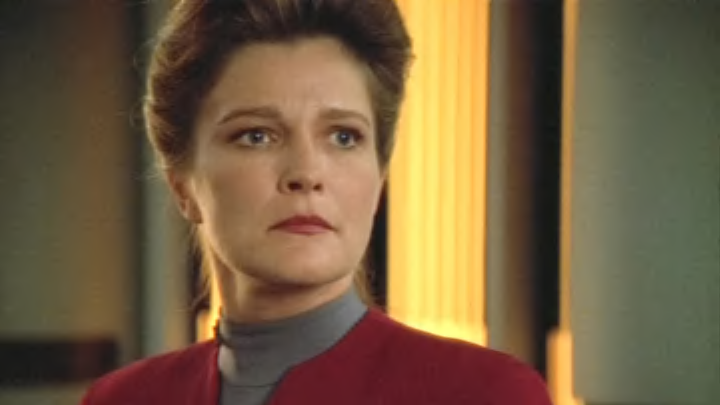Star Trek: Voyager's "Year of Hell" may be the apex of the show's run. A brilliant two-part episode that features the crew of the USS Voyager stretched to its very limits, with deaths, twists, turns, and a shocking ending all bringing things to a close with a nice, tight 80-odd-minute story. It's brilliant and makes for some of the best viewing that Star Trek had to offer.
Yet, some people don't think we got the best version of the "Year of Hell" possible. Sure, the concept has legs and it's worth exploring. After all, the original idea was to do it for a full season, not two episodes, but that idea didn't have legs.
The change from the original season-long format to the two-parter wasn't the only major change either. With the way the story played out, the result was that the entire year was reset after the story. By resetting the events of the two-parter, no one remembered the hell they went through. It was a poignant moment to end the story.
The original story, however, would've had some people remember the events they went through. Speaking to the magazine Cinefantastique, series writer Joe Menosky (via ScreenRant) explained the original ending to "The Year of Hell";
"“I wanted at least a couple of people to know what had happened. We actually wrote this ending even though we didn't shoot it, where time is reset, the weapon is gone; we know what has happened to us through some complication I can't even remember. When we meet up with the next Krenim, Chakotay asks offhand, 'Have you got a colony called Kyana Prime?' And the guy says, 'Sorry, I don't know what you're talking about.' The idea was that time had in fact in some ways punished Annorax. Everything was reset except that. That was denied him, so it was this great, final, tragic moment.”"
The ending presented would've been just as fine as the ending we got in the original version. Yet, it'd be fair to say that since Annorax never returned in any way shape, or form, it really wouldn't have mattered if anyone remembered him. The format of Star Trek stories tends to not dwell on past episodes or storylines, so whether anyone remembered the events of the story was moot.
Why would it matter if Chakotay or whoever remembered Annorax if it's business as usual the very next episode? Maybe the ending of the episode derailed the prospect of anything else being examined down the road, but seeing as how rarely Star Trek used to revisit concepts, it's hard to say the ending truly changed things for Voyager and how they would have continued on.
